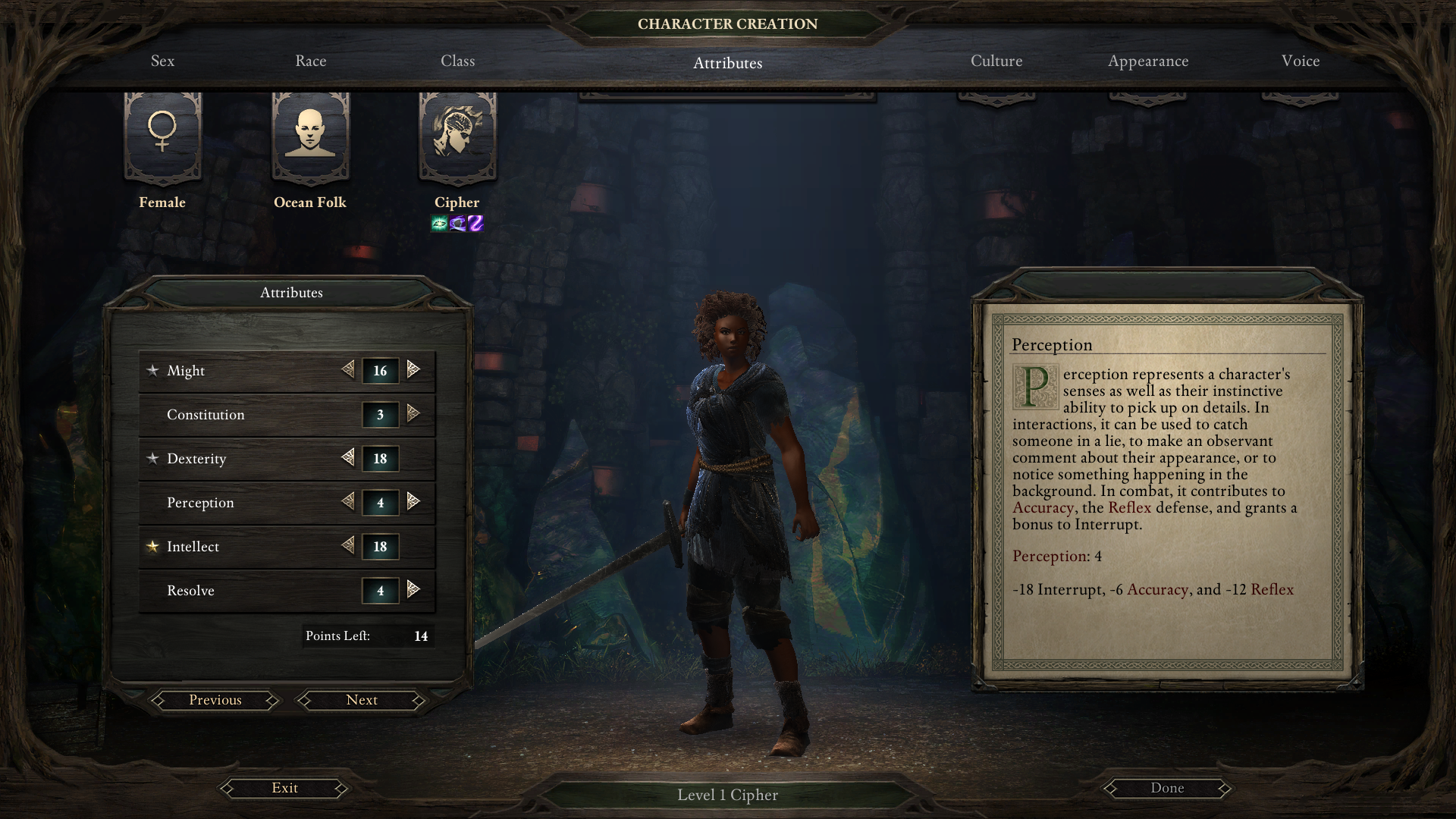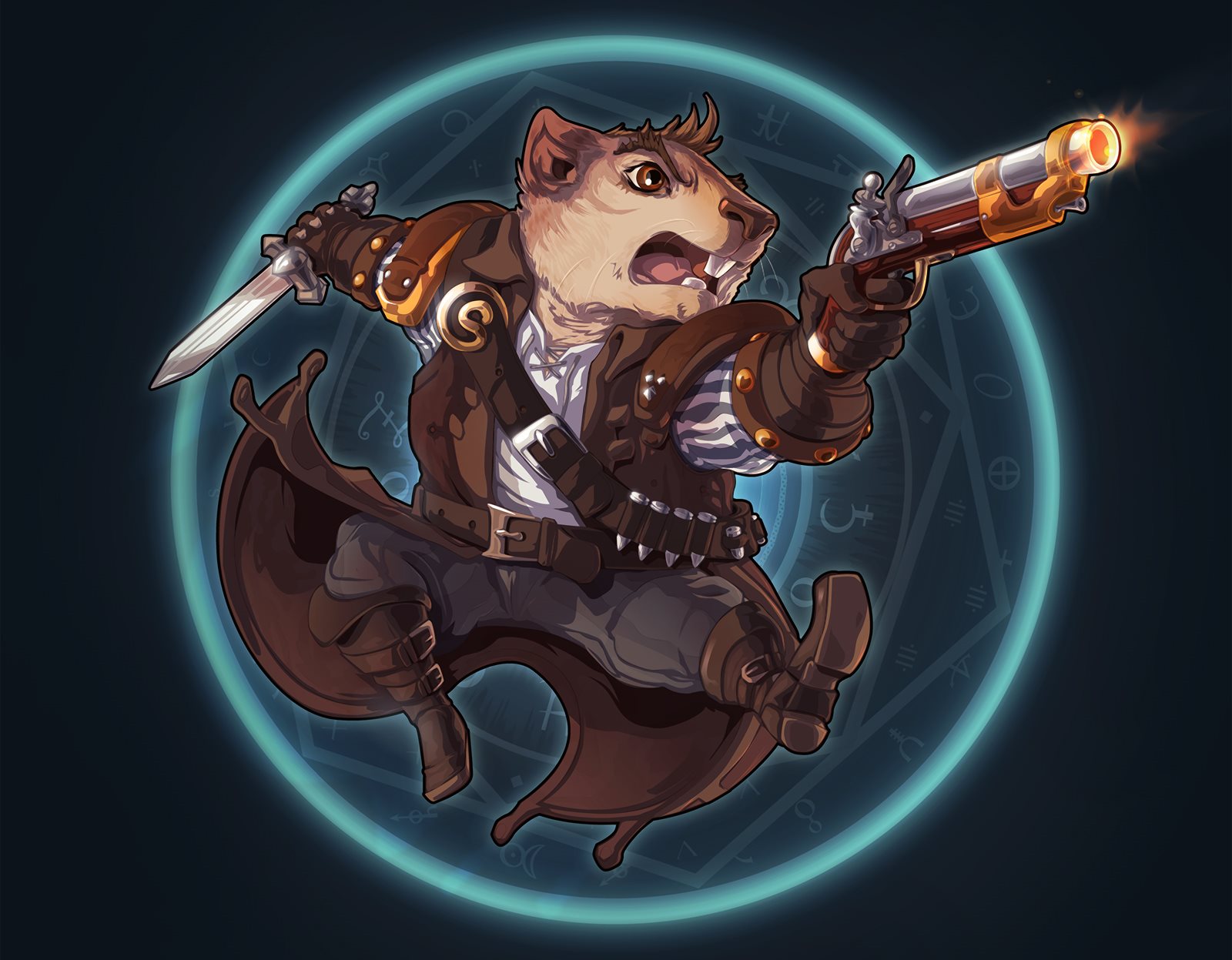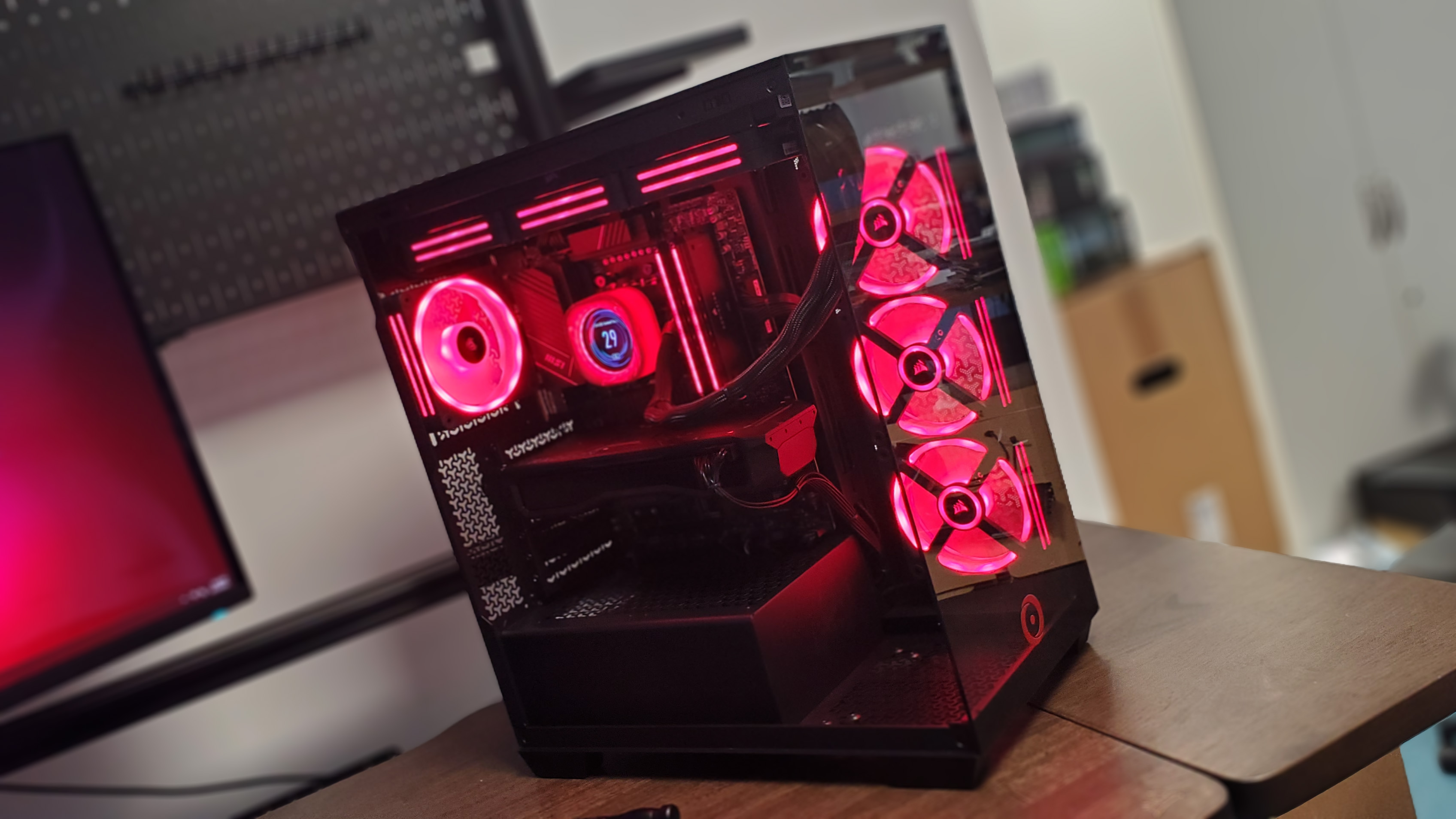Brian Fargo, Josh Sawyer, and Gordon Walton on the history and future of RPGs

How do you compare designing games today, when you have these communities online, either your Kickstarter backers or just people on forums and your own website, constantly giving you feedback on the game as you’re developing it somewhat openly, versus ten, 20 years ago when it was kind of, you made the game and then you put it out there?
BF: I would be scared out of my mind to do it the way we used to do it today. Think about it. Like, think about Fallout, right? We work on it, we give it to a QA department, which are a bunch of people that we’re paying to play the game, so it's not exactly gonna be the most objective feedback as much as you beg them to give it to you, right? And then you just ship it out and keep your fingers crossed and hope they like it. That’s scary as hell. Right now we’re able to take their temperature all along the way. I wouldn’t replace it for anything.
JS: A lot of the guys that post on the Codex, a lot of the guys that post on our forums who are our backers, they were posting when I started in the industry in ’99. So it’s different in that many more people are on these forums, it’s much more active, social media is much more widespread. And I will say that the best feedback, I think, is from people actually playing the game. And you’re right [Gordon], even in beta they won’t necessarily play it the same way, but it is useful because we get folks that will put up YouTube videos of, ‘Here’s how I broke your stupid AI,’ or, ‘Here’s how your pathing sucks,’ or whatever, and that’s actually good. No one likes to hear people saying, ‘Haha, you suck.’
"Nothing's ever gone to plan in the history of my business. Welcome to software development." - Brian Fargo
It’s a little trickier in the early phases of design. With crowdfunding it’s gonna be a while before people get their hands on it, and so there’s lots of theorizing and paper design and analysis, and that can be frustrating because until people actually play it you’re talking in very theoretical terms, and obviously you still want to have those conversations but sometimes they’re not as productive as you want to be, because it’s like, ‘No, no, no, just wait until you get your hands on it and then if you still hate it, great.” But overall though, I agree that the process, getting feedback, I’d much rather get it earlier than later, because earlier you have so much more opportunity to think about it and course-correct.
I think it’s also probably hard for a lot of gamers to visualize that games sort of get built UP instead of beginning to end, and so if there’s parts of the game that are there but not all of it.
BF: In the past, people had this preconceived notion that we were organized making these games, that it wasn’t fucking chaos all the time, and you know what? I’ve never had a product that I’ve ever worked on that somebody didn’t say, ‘It’s completely screwed up.' Ever. Fallout on down, somebody was saying, ‘It’s messed up.’ Nothing’s ever gone according to plan in the history of my business, so when they’re seeing this they’re thinking, ‘Oh my God,’ right? They’re hitting the panic button. But the reality is, ‘Welcome to software development.’ It never goes smoothly. You look at Blizzard, you look at Microsoft. They’ve got more money and more brains than all of us, and guess how late are their projects?
JS: It’s not that we don’t plan this out and we don’t try to be thorough, but it’s full of complications. Stuff always comes up.
The biggest gaming news, reviews and hardware deals
Keep up to date with the most important stories and the best deals, as picked by the PC Gamer team.
GW: We're trying to build an experience, and our minds are not perfect enough to imagine the experience and implement it perfectly the first time. You’ve got to implement it, you’ve got to try it. You try it, it’s never what you thought, and now you have to say, ‘Can I iterate toward that, what I wanted to get?’ Or, once I play it, ‘Oh no, what I thought was the right thing was totally wrong.’ I can’t count the number of times that we all sat in a room having this design idea and said, ‘It’s gonna be awesome.’ We build it, we play it, we go, ‘Oh crap. It sounded so great on paper.’ But the moment you touch it, it’s different.
BF: It’s why there’s friction with developers and publishers oftentimes, because they want us to put everything in the contract. I know it’s not gonna go that way, right? We know what he just described is gonna happen, and then you’re arguing about whether you get paid or not, because you’re not doing that thing. This is a publisher. It’s a structural organization.
GW: They don’t want it the way it is on paper. It would suck!

BF: On Bard’s Tale, my crowd wanted to know exactly how saving was gonna work. ‘Am I gonna have save points? Can I save anywhere? Before battle? After battle?’ How exactly we were gonna do it. I refused to give them an answer, because I wanted to experiment with stuff. I’m not gonna be pushed into a corner early on. It’s like a political promise. I’m not making one. My social media guy is like, ‘You’ve got to do a YouTube video telling them how you’re gonna-’ I said, ‘No, I refuse, because I want to leave myself latitude to experiment. Maybe I’m gonna have you come back in ghost form. I don’t know what I’m gonna do, but I’m not gonna be forced to think about it now.’ But they think we should know all that now, and I think that’s a learning cycle that our audience is having of the imperfect science of it all.
GW: We have that with our Kickstarter people all the time.They believe that somewhere, the game is written all down and we just won’t tell them. Like we know that stuff, we just don’t want to tell them about it. Well, no, some of that stuff we don’t know. You’re waiting to get the rest of it in place so you can say, ‘Okay, what’s the right design to layer on top of this stuff we already built?’ Rather than, we could throw out a good guess, and then we’d have to walk it back.
People were saying, ‘Hey, it sounds like you’re making this up as you go along.' And we’re like, ‘No shit, dude. I am making it up as I go along.' - Josh Sawyer
JS: For Pillars of Eternity we were victims of our success in the sense that we were like, ‘Yeah, I think we can make $1.1 million.’ That was really our belief. And within 27 hours we hit that goal and we're going past it, and so we were like, ‘Holy shit, stretch goals, stretch goals, stretch goals, these new classes, this new stuff, new lore update.’ And people were saying, ‘Hey, it sounds like you’re making this up as you go along,’ and we’re like, ‘No shit, dude. I am making it up as I go along. That’s why we had the Kickstarter. I wrote as much as we thought we would need to do this $1.1 million thing. If we’re moving towards $4 million, yeah, we’re making it up.’ But every project is really like that. It’s just that Kickstarter accelerates the backers’ exposure to that process. So they’re really seeing, as we’re making it, that it doesn’t just spring forth from my forehead fully formed. This is a process.
BF: Pixar talks a lot about their movies, and they’ll tell you every Pixar movie starts off horrible. And they know that basically they’re saying pre-production is folly. You’re not gonna get perfect pre-production. They’re even closer to doing the same thing twice than we are, right? We do whole new experiences, and whenever they try to nail it down into perfect pre-production, it gets them nothing.
JS: Pre-production has to allow for failure. The idea is that you’re gonna try things. You’re gonna say, ‘How do we author this? How is it gonna look?’And half the time, for example in Pillars, initially we wanted to do dynamic foliage, and we didn’t do it. We were like, ‘Shit, we can’t move forward with this. We need to go into production. We have to decide, are we gonna keep doing this or not?’ And we didn’t. And people were disappointed, but pre-production has to allow for you to go, ‘Well, it didn’t work out. We’re gonna do something else,’ or, ‘We’re not gonna do this.’
Next page: Thoughts on the future, and the value of small games in a triple-A world.

Wes has been covering games and hardware for more than 10 years, first at tech sites like The Wirecutter and Tested before joining the PC Gamer team in 2014. Wes plays a little bit of everything, but he'll always jump at the chance to cover emulation and Japanese games.
When he's not obsessively optimizing and re-optimizing a tangle of conveyor belts in Satisfactory (it's really becoming a problem), he's probably playing a 20-year-old Final Fantasy or some opaque ASCII roguelike. With a focus on writing and editing features, he seeks out personal stories and in-depth histories from the corners of PC gaming and its niche communities. 50% pizza by volume (deep dish, to be specific).

